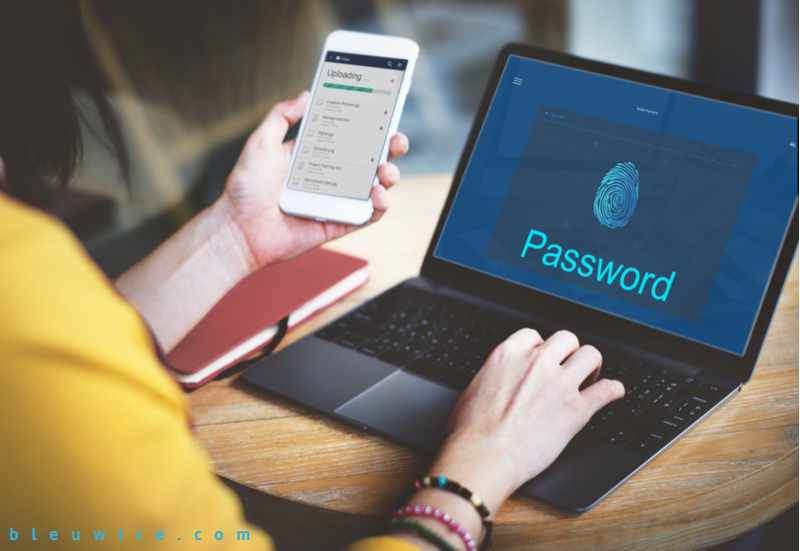
Useful Password Tips to Help Keep Your Data Safe
Gone are the days when you could use your pet’s name or your birthday as your password. Since cyber attacks appear to be more and more widespread, far-reaching, and lasting in their damage, it’s more essential than ever before that you try everything you can to safeguard your private data. One frequently overlooked method to keep sensitive details safe is putting extra focus on password security.
Passwords are sought-after currency in today’s digital age, and taking advantage of strong passwords to avoid unauthorized access is really a necessity. The opportunity to transfer client data, customer files, medical records, worker information, and financial records along with other valuable and sensitive information has presented a new world of financial and legal risks.
So, are you currently doing whatever you can to safeguard your personal or business passwords?
Passwords Ought to Be Unique
The natural inclination to simplify your passwords and repeat them means they are vulnerable to attack. If you were going to set up a home security system, you would like it to work to keep out thieves, right? You need to treat your passwords the same way. Effective passwords are sufficiently lengthy (8 or even more figures) and mix upper and lowercase letters together with numbers and symbols. If you have trouble coming up with passwords on your own, there are many free password generators available online.
Improve Password Strength
Length can tremendously boost the security of a password. A powerful password ought to be a minimum of eight figures, with 12 to 14 as being a suggested standard. Make sure to use a mixture of alphanumeric figures and symbols, together with capitals.
Don’t Repeat Passwords
Don’t use exactly the same password in excess of one site. If you keep reusing the same password over and over, when one password is stolen a hacker can use it to compromise several accounts. Consider a method which makes sense for you and makes it easy to remember each password, however, it is not easy to guess for others who might be tempted to use your passwords.
Safeguard Passwords
If you need to write down your passwords to remember them, don’t do it digitally. If your computer gets hacked, it won’t take someone long to access your accounts as he stumbles on your passwords document. Store any written passwords in a secure area offline. Some people write their accounts and passwords in a little notebook and store it in a hard to guess place.
Use Multi-Factor Verification
Adding an additional key to your login credentials bolsters your protection. It may be a fingerprint, a pin delivered to your phone, or perhaps a security question you have to answer. Stolen credentials can become useless to a crook if you also have this extra layer of protection. Look at your account settings and add multi-factor verification where it’s available.
Steer Clear of the Automatic Login Feature
It might help save some time and annoyance, but automatically saved sign-in details such as passwords might make it more likely that the computer may be hacked. So you should steer clear of the remember password option.
Be Careful When You Share Online
Giving the planet understanding of your individual existence on social networking or elsewhere could make passwords and solutions to security questions simpler to guess. Additionally, it gives cybercriminals information to produce effective and often innocent looking phishing attacks. Oversharing equals more potential contact with cybercrime.
Switching up your passwords and changing your online browsing habits might seem like a bit of a chore, but it’s well worth it to keep your data safe and secure.
Contact us today to learn about Bleuwire™ services and solutions in how we can help your business.





